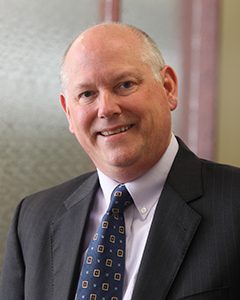Working After Retirement: “Want To” Over “Need To”

A blog by Rich Rausser, CPC, QPA, QKA, Senior Vice President, Pentegra Retirement Services – April 26, 2016
A recent brief by the Center for Retirement Research at Boston College entitled “How Do Non-Financial Factors Affect Retirement Decisions?” caught my eye. In it, Boston College’s program director Dr. Steven A. Sass draws from a number of surveys conducted by such sources as the Social Security Administration’s Retirement Research Consortium and The University of Michigan Health and Retirement Study to conclude that financial factors have a statistically significant — but relatively small — impact on retirement decisions.
While people over the age of 70 entering new jobs after retiring from their primary career appreciate the added income, Sass writes, they tend to view those jobs “as more akin to ‘play’ than ‘work’.”
In addition, those looking to remain in their careers beyond the age of 65 or are seeking new work post-retirement tend to be more highly educated, often with advanced degrees. In one of the studies highlighted in Dr. Sass’ brief, researchers explored the importance of non-financial rewards in influencing workers’ decisions to enter retirement. Perhaps not surprisingly, the number one factor cited in their retirement decision was “personal growth,” followed by “meaningful relationships” and “identity.” “Financial security” was the fourth objective they considered, ahead only of “passing on knowledge and values.”
Interestingly, these results are largely echoed in our own informal survey of retirees, conducted to supplement our latest Harris Poll. Scheduled to be released soon, the retiree survey illustrates that those respondents who chose to work after retirement did so for non-financial reasons – usually to meet and interact with people or as a reason to get out of the house.
What this may indicate, at least in part, is that those being surveyed planned prudently for their retirement, entering the post-career phase of their lives with enough income that taking on a new job is the result more of a desire than a financial need. That is certainly reassuring … but hardly erases the fact that the great majority of Americans are not saving enough for their retirement.
In other words, despite this good news, there is still plenty of work – both figurative and literal – to be done.
About the Author

Comments
No comments.